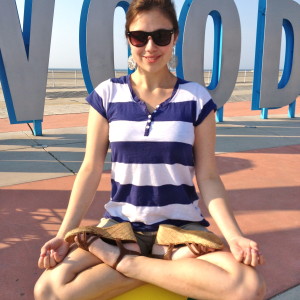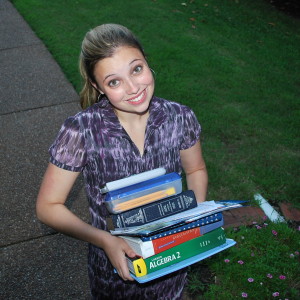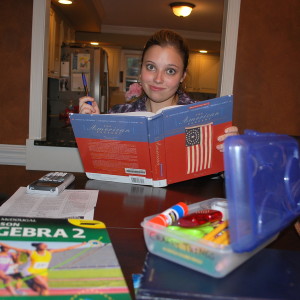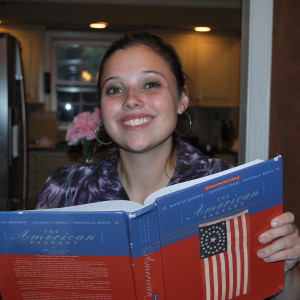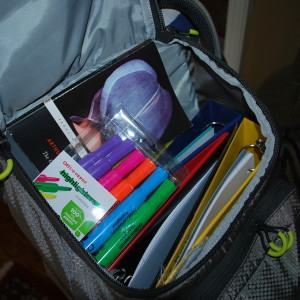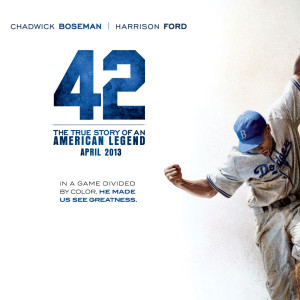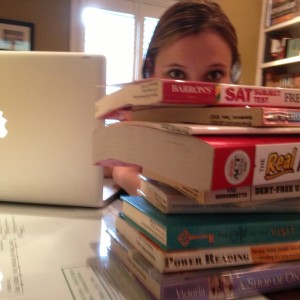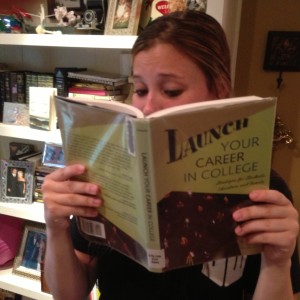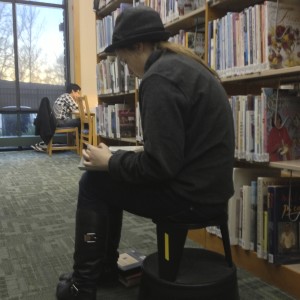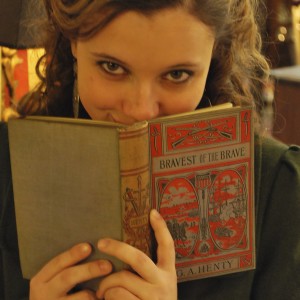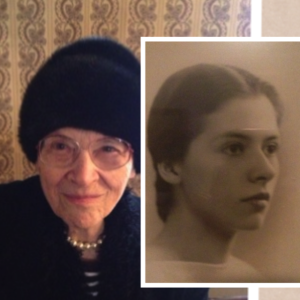
Jean E. Witter
1916-2013
Grandma Jean, my mother’s father’s mother, was someone who I saw only once or twice a year, but nonetheless was a powerful molder of my life. My formative memories of her consist mostly of absentminded play with her sturdy wooden trucks, and dolls made of buttons on the large Oriental rug in her living room. My parents would make a pilgrimage to her home every time we visited Pennsylvania, and they would sit on the teal velvet couch and converse with Grandma Jean who sat on an old wooden chair opposite. They would talk about a myriad of subjects in the hour or two they would visit, and occasionally Grandma Jean would ask me a question about my elementary schooling or hobbies which I would dutifully answer before going back to pushing small iron trucks along the carpet.
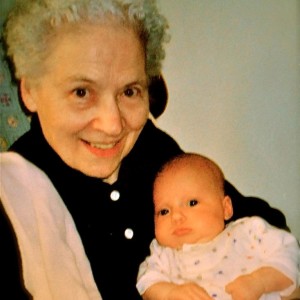
Maddie & Jean 1997
To be honest, I wasn’t extremely close to her when I was young. Annual social calls to a house seven hundred miles away did little to foster much closeness in a small child who was invested in more important matters like playground controversies and all the little worms to be dug under the tree in her backyard.
Yet despite the distance, I did remember her always sending me cards. There were Easter cards, and Christmas cards, and Halloween cards, and of course, birthday cards with a crisp Andrew Jackson inside. Grandma Jean seemed to make up the formidable physical distance between the two of us through notes and cards and small pleasantries that tied me to her with amiability, when otherwise our relationship would be formal. As I grew older, I began to write her back, detailing bits of my day, struggles with school, and upcoming events, and she attentively wrote back. Over time, I began to know her better through writing.
As the years passed, the letters that corresponded between us became much more frequent and often much longer. She shared bits of her day with me: her outings to play bridge, her recent success at a button auction, her affinity for playing piano at the Old Folks Home where she played to seniors sometimes a decade her junior. Our semiannual visits to her house became more enjoyable; as we discussed the experiences we had told each other about, had our private jokes that had been read in letters, and Grandma Jean began to encourage me to write more.
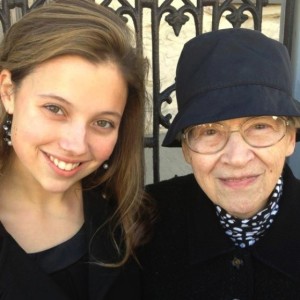
Maddie & Jean – 2012
As we became closer, I also began to hear the stories she told of her life. Her tales of farm life during the Great Depression shocked and fascinated me, as did her seemingly encyclopedic knowledge of every portrait on the wall. She talked about my ancestors, people I had no previous connection with, who seemed to leap from the walls and become flesh and blood as she spoke of her memories of them, so crisp and bright in her mind. I was enraptured by her love of history, one of the few subjects I loved more than writing, and wanted to know more about her life and the history of my family that I knew was locked inside her mind.
I had so many questions, about her, about my heritage, about everything. It suddenly hit me while I was reading a book called “Wisdom” in the library about documenting the ideas and sagacity of the older generation that I needed to capture Grandma Jean’s life and legacy, her thoughts and memories. I was one of the few kids that had the blessing of having their great-grandmother not only alive and lucid, but also an astute collector of nearly a century of history, both personal and public. So I sent her a letter with about twenty questions that ranged from basic information like her parent’s names and numbers of Siblings to deep and complex questions like what she though my generation was lacking in our society.
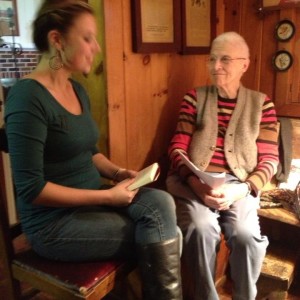
The Interview – Nov. 2012
So on a chilly November afternoon, my mother and I drove to Grandma Jean’s house to conduct the interview. I set up the camera on my laptop, and pulled out my freshly printed-paper of questions, and Grandma Jean also uncovered her own list of questions, characteristically highlighted and annotated in RED with careful precision. The interview began with a few basic questions to act as guidelines, but soon, her words and stories pulled me into her captivating past.
She spun her tales of a life in what many of us modern Americans would think of as abject poverty. No running water, electricity, or even shoes during the summer (she said she and her siblings had to push the spiky corn stubble with their feet in order to walk on it without cutting themselves), but Grandma Jean spoke of her childhood with great fondness, highlighting a simpler time and a close-knit family. She told us about her mother, a tireless woman who’s industrious work ethic put three of her four daughters through college before 1940 by working the land of their family’s small farm during the day and sewing as a seamstress all night. Paradoxically, she said that the Great Depression hardly affected her family, as those who were already accustomed to thriftiness and had strong ties to the land had little to adjust to during such times of hardship. She told one particularly funny story about waiting for wartime rations of sugar and being amused by the antics of those who found the cutbacks inconceivably stingy. She laughed and said that her family had been economic with sugar for as long as she could remember.
She spoke to me about her teenage years, where she met her future husband at a basketball game where she, 5’9 then, was a center. She was diligent in her studies, top of her class, and beloved by her teachers and principals. She had a lifelong love of learning, which never tired, even after she raised two kids. She said that one of her favorite times in life was when she got to go back to college at age 50 first for German then switched to education because German was frowned upon in the early years after World War II.
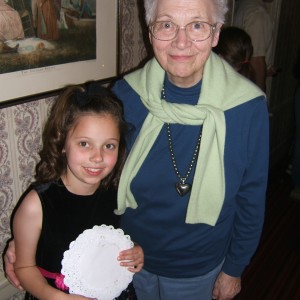
2004
Grandma Jean kept on reiterating that hard work was ingrained into her very being, as was moderation, temperance, and spirituality. God and faith were integral to her very being, she said, and that when she was young, her family walked many miles to get to church on Sunday. When I asked her what she believed my generation was lacking, she replied that it was an absence or indifference of God in many young people’s lives. In her last days, she enjoyed when my mother and grandmother would read her scriptures, especially Micah 6:8, which she regarded as her favorite:
“He has shown you, O man, what is good. And what does the LORD require of you? To act justly and to love mercy and to walk humbly with your God.”
Grandma Jean was one of the strongest women I have ever known, careful and disciplined and very intelligent, I believe she helped me discover my gifts and encouraged greatness in those she knew. I love her so much and she will never cease to inspire me to always do my best.
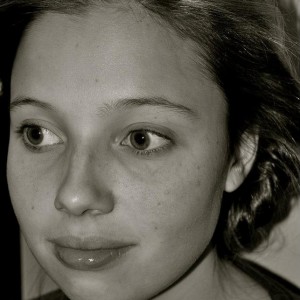
Maddie Age 16
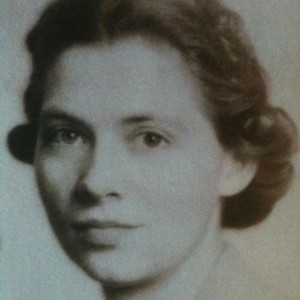
Grandma Jean Age 16
